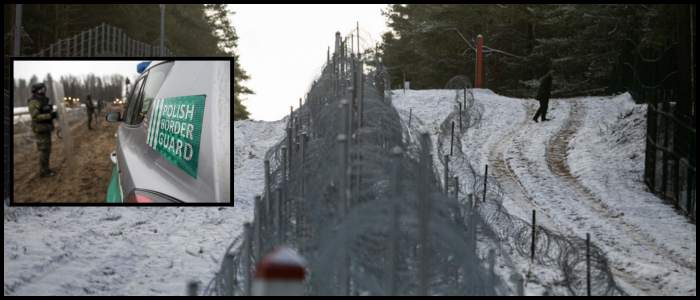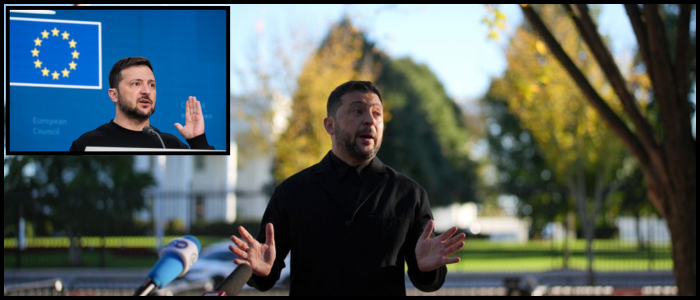The innocent-seeming sites with Yoda memes, gaming reviews and pop culture commentary turned out to be hiding the CIA’s secret means of communicating. Underneath the seemingly innocent designs were tools that had been meticulously made to send encoded messages to intelligence agents around the world.
To most users, these websites looked no different from any other fan pages on Star Wars, Brazilian funk music, or extreme water sports. But if a person typed some specific words into the search bar, they’d turn on a secret message system. These were discreetly held by the Americans for back-channel contacts in different countries.
Exposing the Hidden Network
The clandestine activities had a focus on countries such as Iran and China, but also included those in Germany, France, Spain and Brazil. It was found not by counter-intelligence operatives but by simple coding errors and the reuse of IP addresses. A researcher named Ciro Santilli began to see peculiar domain activity and, after further examination, discovered that dozens of these seemingly innocuous sites were in fact part of a broader espionage campaign.
The Iranian and Chinese governments cracked down hard once they discovered the scheme. As a consequence, the CIA had to scrap the entire digital network. According to people who brought the case to light, some agents suffered dire consequences after the fact.
When Pop Culture Is a Spy Weapon
One such site was a webpage titled StarWarsWeb. net — with the same “early-2000s Star Wars fan site” look. But it was just one piece of a wider digital operation. Others zeroed in on sports, comedy and obscure genres of music, all with the same ulterior purpose: to enable discreet communication without arousing suspicion.
Today, however, the maintenance of anonymity online is significantly harder. Agencies are running up against new barriers as sophisticated digital tracking means that even the most innocuous of websites is open to analysis. The plunging fortunes of the CIA-run online networks show how easily secret internet assignments can collapse in the digital age.
No One Was Safe — Even Friends Were Watched
Though much of the attention has focused on the activities of the operation in adversarial countries, evidence demonstrates that the CIA also used the websites in allied nations, including Germany, France, Spain, and Brazil. The presumed objective: to identify influence networks or even turn informants, even in friendly countries.
The episode is a reminder of how modern espionage can slip right in among pages of lightsabers, surfboards or music lyrics. It also leaves significant questions about digital surveillance, the use of pop culture as a tool for clandestine operations and just how far the reach of foreign intelligence operations really extends in the age where everyone’s online footprints linger indefinitely.
PREV NEWS
NEXT NEWS







BY Nikodem Baran

BY Iwo Mazur

BY Iwo Mazur

BY Oskar Malec

BY Oskar Malec
Uwielbiamy pliki cookie — zarówno te jadalne, jak i cyfrowe, które ulepszają Twoje wrażenia z przeglądania. Pomagają nam one udoskonalać funkcjonalność naszej witryny i Twoje ogólne wrażenia. Podstawowe i funkcjonalne pliki cookie są niezbędne do prawidłowego działania witryny i nie można ich wyłączyć. Ponadto używamy plików cookie w celu optymalizacji wydajności („komfort”) i wyświetlania spersonalizowanych reklam („marketing”), na co potrzebujemy Twojej zgody. Kliknij „Zezwól na wszystkie”, aby wyrazić zgodę na przetwarzanie danych. Uwielbiamy pliki cookie — zarówno te jadalne, jak i cyfrowe, które ulepszają Twoje wrażenia z przeglądania. Pomagają nam one udoskonalać funkcjonalność naszej witryny i Twoje ogólne wrażenia z przeglądania. Podstawowe i funkcjonalne pliki cookie są niezbędne do prawidłowego działania witryny i nie można ich wyłączyć. Ponadto używamy plików cookie w celu optymalizacji wydajności („komfort”) i wyświetlania spersonalizowanych reklam („marketing”), na co potrzebujemy Twojej zgody. Kliknij „Zezwól na wszystkie”, aby wyrazić zgodę na przetwarzanie danych.
Twoja zgoda obowiązuje również na mocy art. 49 (1) (a) RODO, co oznacza, że Twoje dane mogą być tymczasowo przetwarzane poza EOG, w tym w USA. W takich przypadkach wysokie europejskie standardy ochrony danych mogą nie być w pełni zagwarantowane, a władze USA mogą uzyskać dostęp do Twoich danych bez skutecznego środka prawnego. Możesz wycofać swoją zgodę w dowolnym momencie.
PrywatnośćWarunki korzystania z serwisu
Możesz zarządzać swoimi preferencjami dotyczącymi plików cookie lub wycofać zgodę w dowolnym momencie za pośrednictwem naszych ustawień plików cookie. Aby uzyskać więcej informacji, zapoznaj się z naszą Polityką prywatności.